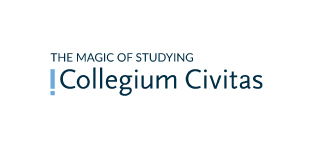
The paper by Collegium Civitas researchers Prof. Izabela Wagner and Prof. Mariusz Finkielsztein has just been published by the Journal of Contemporary Ethnography. The article “Strategic Boredom: The Experience and Dynamics of Boredom in Refugee Camp. A Mediterranean Case” examines the boredom of asylum seekers living in a refugee camp in southern Europe.
It concerns the understudied yet widespread phenomenon of boredom in the detention centers and other places where people wait several months/years to obtain permits to stay in a given state (EU) and cannot work. Boredom is defined as a socially constructed feeling that is an effect of the interaction between people and institutional/ organizational ambiance that lacks qualities necessary to arouse engagement. The authors distinguished three modalities of the phenomenon: “doing nothing,” “life in limbo,” and “strategic boredom.” The authors claim that the last is the most powerful phenomenon. Strategic boredom is the specific tool of strict control exercised on the asylum seekers by the administration of the camp to force them to be idle and passive. On the other hand, the dominated group uses the expected mood of boredom as a strategy to obtain the favors of camp administration; this strategy—they hope—will conclude in the obtention of a permit of stay and/or the legal status of a refugee.
The paper can be accessed online via Sage journals:
https://journals.sagepub.com/eprint/JHJYQUP5GSIRTBJTM2NP/full

